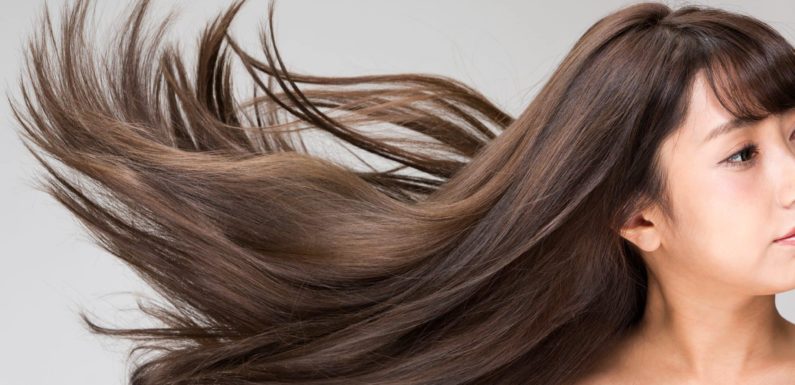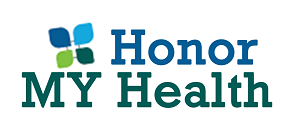
Hair fall or the loss of hair is a common problem, affecting millions of people worldwide. There are several causes of hair fall, ranging from genetics, stress, hormonal imbalance to poor nutrition and lifestyle choices. The visible signs of hair fall can be distressing and can negatively impact an individual’s self-image, confidence, and quality of life. Hair fall can occur gradually or suddenly, manifesting as thinning hair, bald patches or even complete hair loss.
While there are surgical hair restoration options available, non-surgical hair fall treatments in Singapore are less invasive, less risky, and often offer an effective solution for hair fall.
What Causes Hair Fall?
-
Stress
Stress is a common cause of hair fall and thinning. When we experience stress, our body’s natural response is to release specific hormones that can disrupt the normal hair growth cycle. These hormones can cause hair follicles to enter the resting phase, known as the telogen phase, prematurely. This can result in hair fall and thinning. Stress can also impact our overall health and weaken the immune system, which can further aggravate hair fall. Effective non-surgical hair fall treatments for stress-induced hair fall may involve stress management techniques such as meditation, yoga, and exercise to reduce stress levels.
-
Genetics
Genetics plays an important role in hair fall and hair growth. Gene variants such as those associated with androgenic alopecia and alopecia areata, which are both genetic conditions, can result in hair loss that is difficult to prevent or reverse. Androgenic alopecia, often referred to as male or female pattern baldness, is caused by a combination of genetic and hormonal factors. This condition typically begins to manifest in the 20s or 30s and results in a receding hairline or bald spot in the crown of the head. Alopecia areata, on the other hand, is an autoimmune disorder that causes sudden hair loss on the scalp, face, and other parts of the body. While there is currently no known cure for these conditions, there are non-surgical hair fall treatments available that can slow down or delay the progression of hair loss and promote healthy hair growth.
Hormonal Imbalance
Hormonal Imbalance is a leading cause of hair fall in both men and women. Irregular levels of hormones, especially androgens and estrogens, can disrupt the natural hair growth cycle and cause excessive shedding. Androgens are male hormones, present in both men and women, that can cause hair follicles to shrink and produce thinner, shorter hairs. In women, hormonal imbalances due to conditions like polycystic ovarian syndrome (PCOS) can lead to excess production of androgens, leading to hair loss. On the other hand, changes in estrogen levels during menopause can also cause hair loss. Consultation with a specialist and blood tests are recommended to determine the underlying hormonal imbalance and develop a personalized treatment plan.
-
Poor Diet
Poor diet is one of the leading causes of hair fall. A diet low in essential nutrients can lead to hair loss, as hair follicles require a range of vitamins and minerals to remain healthy. Iron, zinc, and protein are particularly important, as they play a crucial role in the growth and maintenance of hair. A diet lacking in these nutrients can lead to a condition called telogen effluvium, where hair falls out in large clumps. To combat this, it is important to ensure that your diet is rich in whole foods such as vegetables, fruits, lean meats, and fish. Additionally, supplements such as biotin and multivitamins can help to support healthy hair growth. By adopting a balanced and nutrient-rich diet, it is possible to prevent hair fall caused by poor nutrition and maintain a full head of healthy hair.
-
Medications
Medications can also be a contributing factor to hair fall. Certain prescription drugs, such as those used to treat depression, arthritis, high blood pressure, and heart conditions, have been known to cause hair loss as a side effect. Chemotherapy drugs used to treat cancer are also well-known for causing hair fall. If you suspect that your medication is causing your hair to fall out, it is important to speak with your doctor. They may be able to suggest an alternative medication that will not have such a negative impact on your hair.
What are Effective Hair Fall Treatments in Singapore?
Topical Hair Regrowth Creams
Hair fall is a common issue for men and women of all ages. While there are many possible causes of hair fall, non-surgical hair fall treatments have become increasingly popular in recent years. One of the most effective hair fall treatments in Singapore is topical hair regrowth creams, which can help stimulate hair growth and prevent further hair loss. Topical creams are formulated with key ingredients such as minoxidil, which helps to widen the blood vessels in the scalp and promote hair growth. These creams are typically applied directly to the scalp once or twice a day and are left to absorb for a few hours. Results can vary based on individual factors such as age, genetics and overall health, but many users have reported significant improvements in hair growth and thickness over time with the regular use of topical hair regrowth creams.
Fotona Hair Regrowth Treatment
Fotona hair regrowth treatment utilizes non-invasive laser technology to stimulate hair follicles and encourage healthy hair growth. The procedure is safe, painless, and requires no downtime, making it an ideal option for those seeking a hassle-free solution for hair fall. During the treatment, high-intensity laser energy is directed at the scalp in a controlled and precise manner, penetrating deeply into the skin to trigger natural regrowth processes. The treatment has shown promising results in stimulating hair regrowth, slowing down hair fall, and improving hair thickness and quality.

